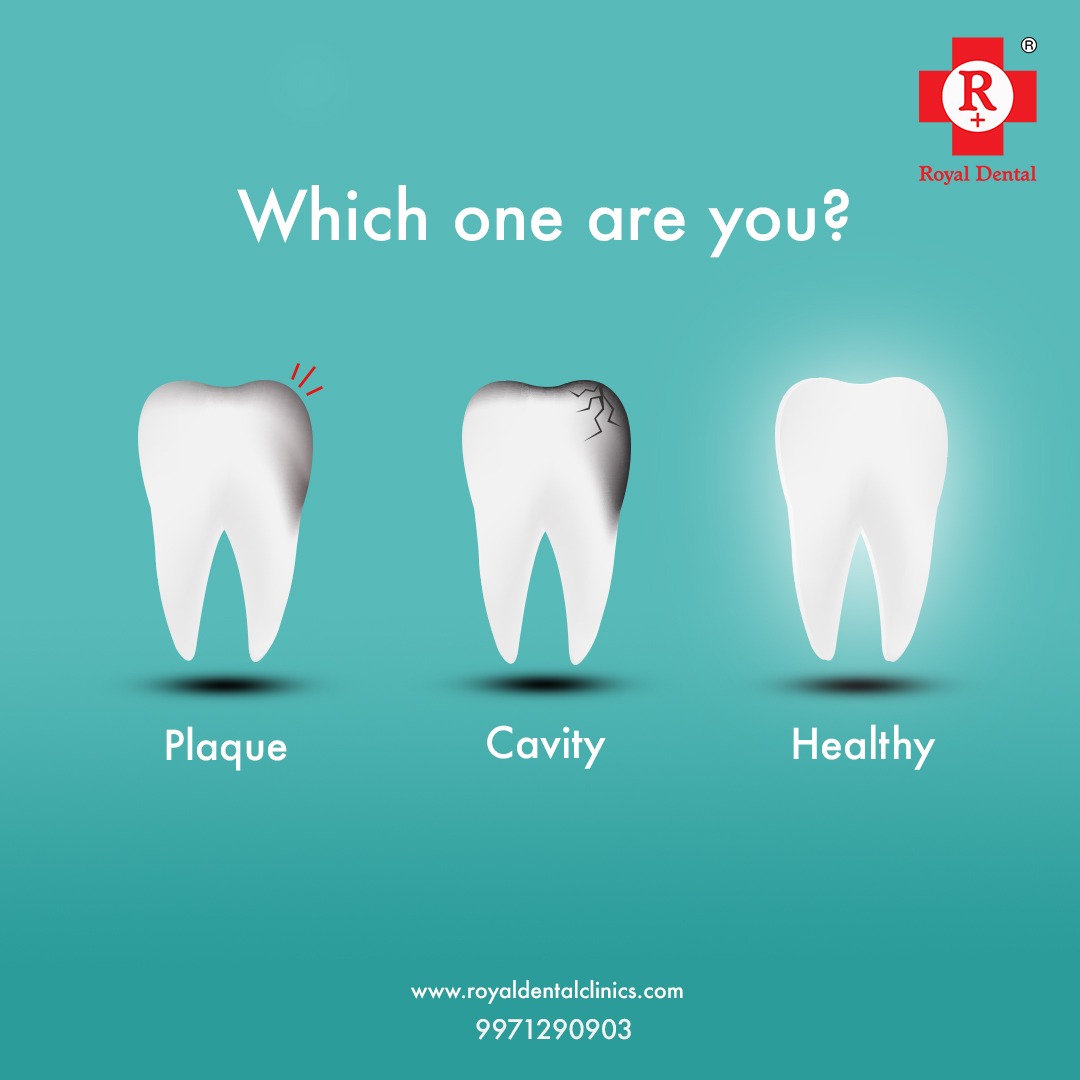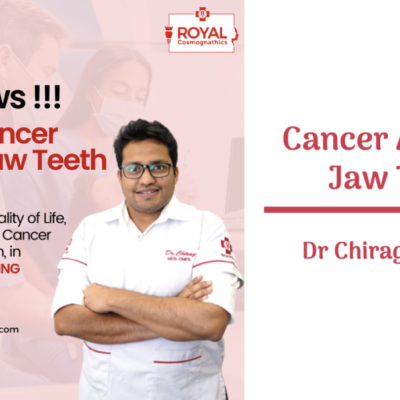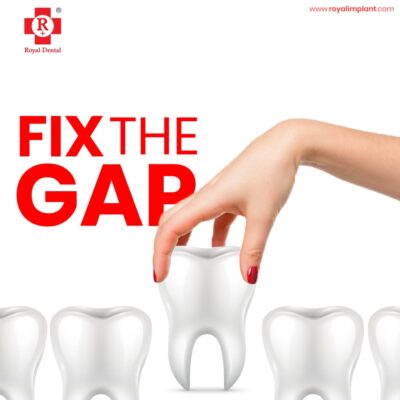Advanced dental caries (also called endodontic or root canal caries) are a more advanced form of dental caries that extends into the pulp chamber, the root canal system, or both. Advanced dental caries can cause pain and infection, as well as impact on your daily life and future oral health. Luckily, you can take action to prevent these from getting worse. If left untreated, even mild cases of tooth decay can lead to infections in surrounding tissues and possibly spread to other organs in your body.
However, with early detection and treatment by a dentist, these risks can be mitigated. To improve your chances of avoiding serious consequences of untreated tooth decay, it is important to understand what advanced tooth decay are as well as how they may be detected earlier than usual if you see a dentist twice a year for check-ups instead of once every six months like most people do.
What are the symptoms of Advanced Dental Caries?
The symptoms of advanced dental caries may vary depending on where in your mouth the caries are located as well as the severity of the condition. Some of the symptoms of advanced dental caries that you should look out for include:
- Swelling or redness of your face due to tooth infections that have spread to your gums.
- Sudden sensitivity to cold foods or drinks.
- Changes in your bite.
- Dry mouth or difficulty swallowing.
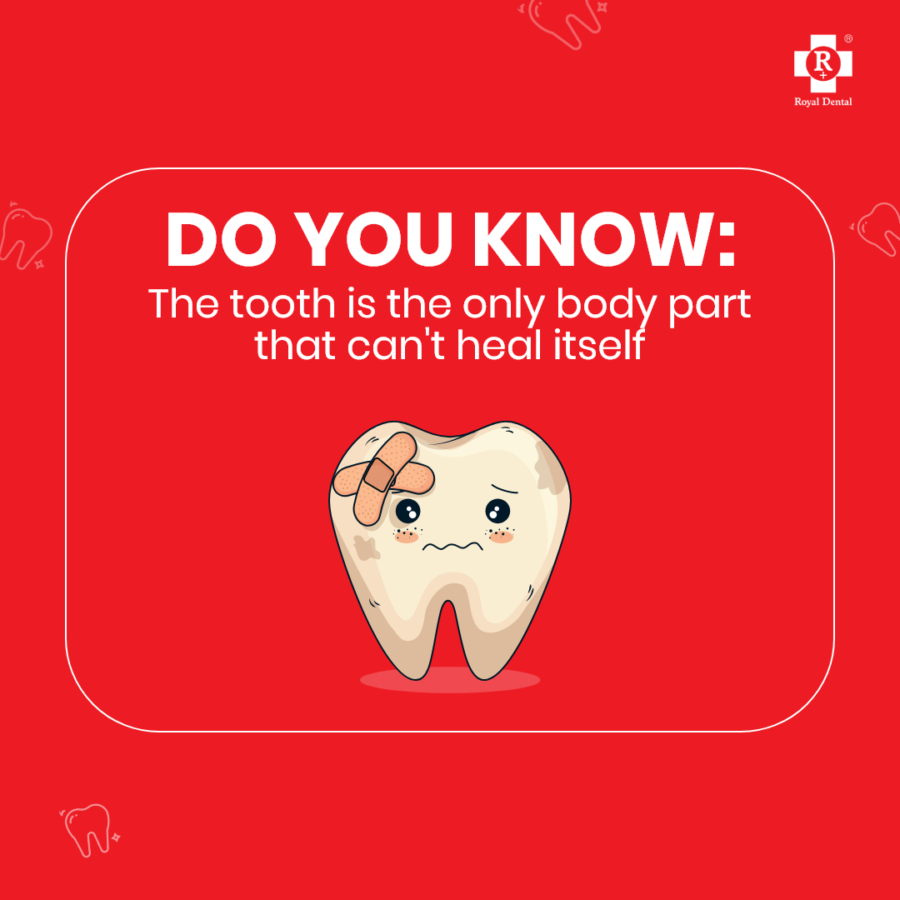
- Increased caries symptoms around your teeth, gums, or other areas of your mouth.
- Unusual bad breath.
- Changes in the way your teeth fit together.
What causes Advanced Dental Caries?
While dental caries is a normal process, it typically starts in the tooth surface, progresses through the enamel into the dentin (the tooth’s middle layer), and then into the pulp chamber.
If the bacterial infection reaches the pulp chamber, your tooth may become infected.

If the infection is left untreated, the bacteria in your tooth may grow inside the tooth, which can result in tooth death. This condition known as dental pulpitis or dental pulp death may lead to tooth loss.
In some cases, dental caries may also extend into the root canal system. Once the dental caries reach the root canal system, you may experience pain, swelling, and a bad taste in your mouth.
If the tooth decay are left untreated, the infection can spread to other parts of your body.
How to detect Tooth Decay?
Visiting your dentist twice a year for regular check-ups instead of the traditional six-month check-ups. This increases your chance of detecting dental caries at a very early stage.
Having your dentist perform regular dental exams.
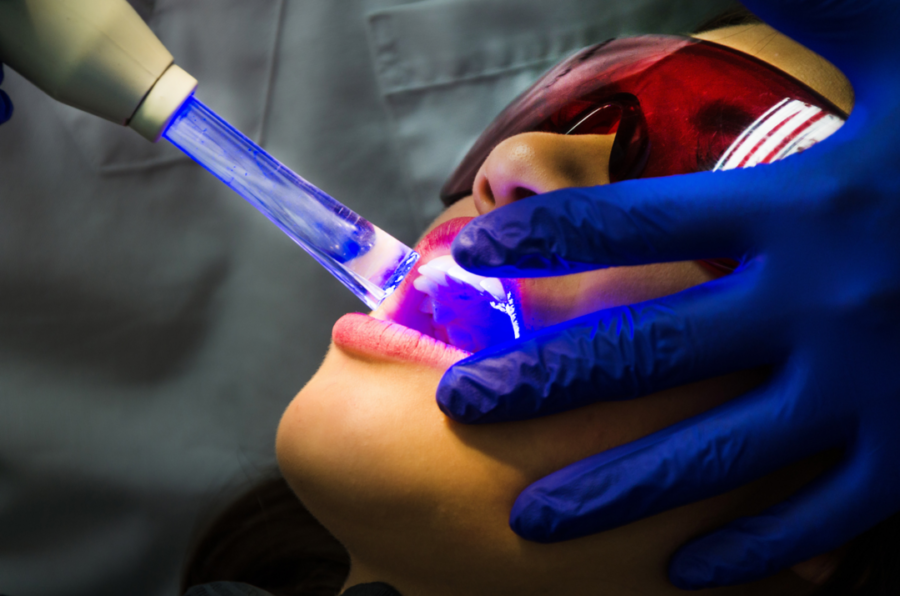
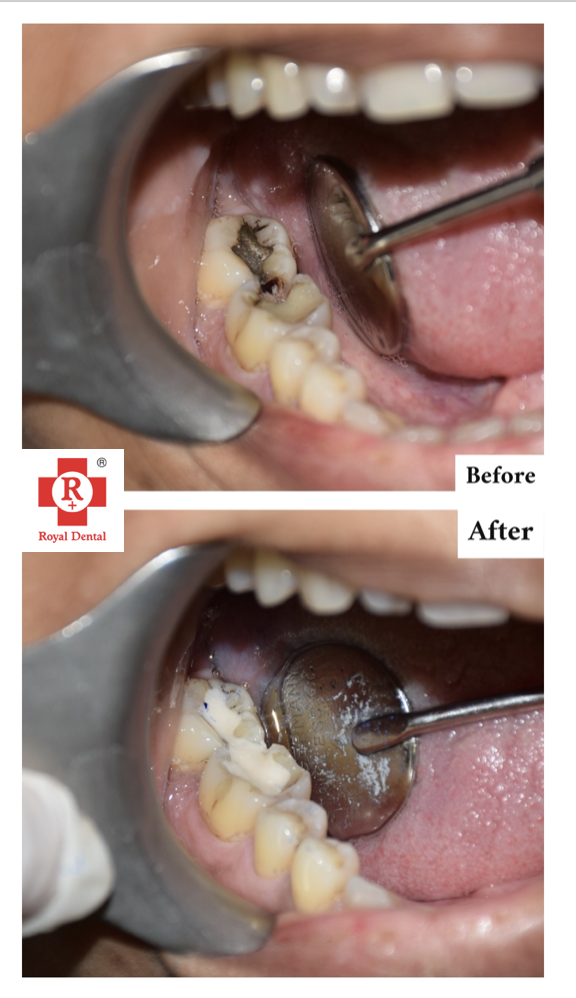

- Having your teeth cleaned by a dental hygienist every six months.
- Brushing your teeth twice a day for at least two minutes as well as flossing daily.
- Having your teeth cleaned at home with a fluoride toothpaste every day.
Treatment for Advanced Dental Caries?
Treatment for advanced tooth cavity is aimed at stopping or slowing down the progression of the infection in your teeth and root canals. This may include the following:
Dental cleanings and root canal treatment by your dentist to remove the infected pulp and bacteria from your teeth or root canals.
Antibiotics to kill the bacteria in your teeth. – Having your teeth removed to stop the infection and prevent the infection from spreading to other parts of your body.
In some cases, surgery may be required to remove infected tissue and teeth.
Bacteria in Tooth cavity
Dental caries are a natural process that occurs when bacteria break down sugars in food and drink, which causes tooth decay and cavities. They are more commonly known as tooth decay and are caused by the bacteria that live in your mouth. These bacteria break down the nutrients in your diet and produce acids. The acids cause tooth decay when they come into contact with your teeth, especially during eating.
Tooth cavity are a common oral health condition, particularly among children and adults with poor oral hygiene. If left untreated, dental caries may spread and affect your gums and cause pain. They may also lead to tooth loss. You can prevent dental caries by practicing good oral hygiene, such as brushing your teeth twice a day for two minutes, flossing daily, and visiting the dentist for regular check-ups.
Conclusion
Advanced it (also called endodontic or root canal caries) are a more advanced form of dental caries that extends into the pulp chamber, the root canal system, or both. Advanced dental caries can cause pain and infection, as well as impact on your daily life and future oral health. Luckily, you can take action to prevent these from getting worse.
If left untreated, even mild cases of dental caries can lead to infections in surrounding tissues and possibly spread to other organs in your body. However, with early detection and treatment by a dentist, these risks can be mitigated. To improve your chances of avoiding serious consequences of untreated tooth decay, it is important to understand what advanced tooth decay are as well as how they may be detected earlier than usual if you see a dentist twice a year for check-ups instead of once every six months like most people do.

